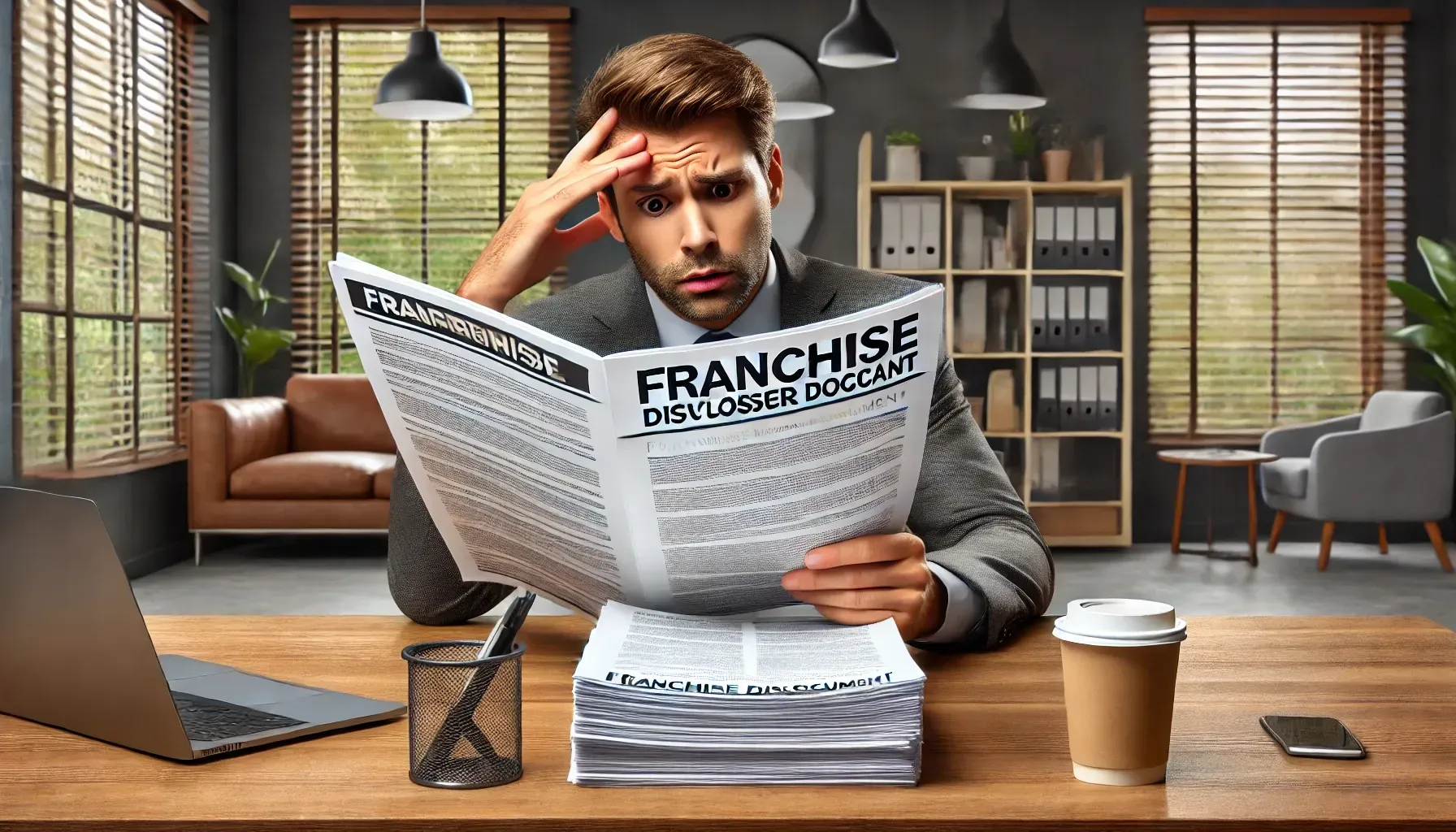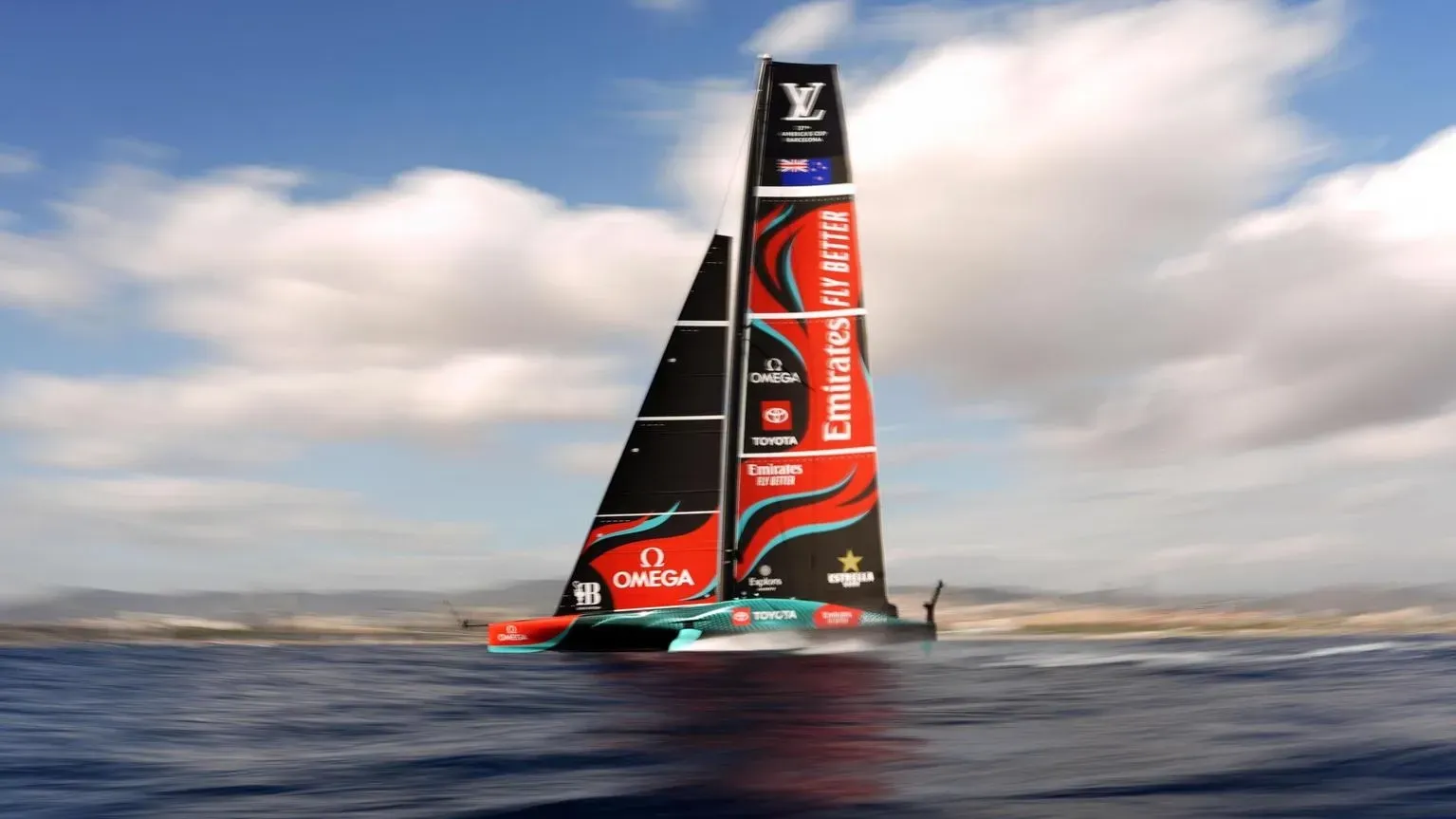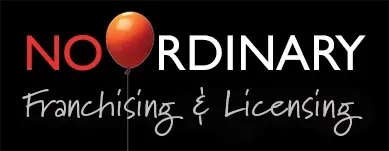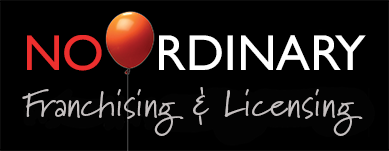Will New Franchising Regulations ‘Destroy the Franchise Business Model’?
McDonald’s certainly thought so.
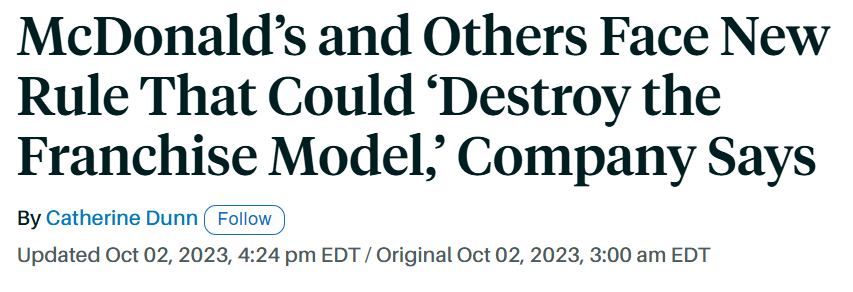
When the global fast-food giant faced increasing scrutiny under joint employer rules in the U.S., it became a flashpoint in the debate over franchising regulations.
For decades, McDonald’s and similar chains thrived by franchising their operations, creating a network of independent operators under a shared brand. But as governments worldwide introduce new laws to tighten control over franchising practices, the question arises:
Could these regulations dismantle the very foundation of the franchise business model?
The franchise industry has long been held up as a beacon of entrepreneurial opportunity, offering a tested business model for aspiring business owners. But a wave of new laws and regulations across the globe has sent ripples through the franchising community. From Australia’s beefed-up Code of Conduct to the United States’ push for joint employer status, many are asking:
Are these changes necessary guardrails or disruptive overreach?
Plenty of new laws and regulations relating to franchising, either directly or indirectly, have come into force recently. Even in New Zealand, where I am based and where there are no franchise-specific laws but contract, competition and other general business laws still apply, learning from franchise-related legal cases or regulatory updates internationally can help franchisors proactively identify potential legal risks and address gaps in their agreements or operations.
Some of the new regulations and how they may affect franchising
Australia’s Tightened Code of Conduct
I have put Australia at the top of the list because it is reportedly the most regulated franchise environment in the world and I’ve lost count of how many senate and parliamentary enquiries into franchising there have been over the last couple of decades. Surprisingly, Australia is still one of the world's most franchised countries—meaning countries with the highest rate of franchises per capita.
Following an independent review of the Franchising Code of Conduct by Dr Michael Schaper last year, the Australian Government intends to implement all 23 of his recommendations. The new Franchising Code of Conduct will replace the old one on 1 April 2025. Changes will include stricter requirements for disclosure, dispute resolution and financial transparency. While aimed at curbing abuses of power by franchisors, some industry players argue that the cost of compliance could deter new franchisors from entering the market and increase costs for existing systems.
The Joint Employer Debate in the United States and Australia
In the United States, the National Labour Relations Board (NLRB) has revived discussions about joint employer status. If enacted, franchisors could be held liable for labour violations committed by franchisees. Proponents argue this will ensure accountability, while critics such as McDonald’s believe it undermines the independence of franchisees and the very foundation of the franchise model.
In Australia, coffee franchisor 85 Degrees was hit with penalties totalling $1.44 million for its 'systematic failure to ensure compliance within its franchise network'. The Taiwanese-based franchise was held legally liable for underpayments because it should have been a 'responsible franchisor entity' and should 'have known that its franchisees would commit the underpayments and taken reasonable steps to prevent them occurring'.

Source: Employment New Zealand
Although there are no franchise-specific laws in New Zealand, employment laws specify that franchisors have some responsibility for their franchisees' compliance, as described on the Employment New Zealand website.
The European Union’s Franchisee Protections
The EU has introduced stringent guidelines mandating fair contractual terms, increased franchisee autonomy and better access to legal recourse. This has sparked fears among franchisors about losing control over brand consistency and operational standards.
The arguments for and against stronger franchise regulation
Advocates for Regulation
Advocates for these regulations often cite a history of power imbalances between franchisors and franchisees. Reports of exorbitant fees, opaque financials and one-sided contracts have fueled calls for reform. In Australia, for instance, scandals involving failed franchisees and franchise systems have led to a seemingly never-ending stream of probes and enquiries into franchising and an ever-tightening raft of franchise regulations.
Opponents’ Concerns
Critics, on the other hand, warn that these laws could cripple the franchise model. Increased regulatory burdens could make franchising less attractive for potential franchisors, stifling innovation and expansion. In the US, the joint employer rule is seen as a legal minefield that could deter franchisors from providing essential support to their franchisees, out of fear of liability.
Will These Changes Really Destroy the Franchise Model?
The short answer: Probably not, but they could force significant evolution.
Franchising has survived numerous challenges over the decades, from economic recessions to shifts in consumer behaviour. The model is inherently adaptable, and many franchisors are already finding ways to navigate the new regulatory environment. For instance, some are doubling down on technology to streamline compliance, while others are revising their agreements to ensure transparency and fairness.
Lessons from History
It’s worth remembering that similar fears arose during the introduction of franchise regulations in the 1970s in the U.S. At the time, skeptics predicted the collapse of the industry, but franchising flourished. The key lies in finding a balance where regulations protect stakeholders without stifling growth.
Rather than destroying the franchise model, these new laws may serve as a catalyst for reform
By addressing long-standing grievances, the industry has an opportunity to rebuild trust and attract a new generation of franchisees. However, the road ahead won’t be easy, and the adaptability of franchisors will determine how well the industry weathers this regulatory storm.
In the words of Charles Darwin, “It is not the strongest of the species that survives, nor the most intelligent, but the one most responsive to change.”
For franchising, change is here. How the industry responds will shape its future.
Will you lead the change and reap its many benefits—or sit back and watch your franchise or other business lose its competitive advantage to others?

Meaningful, profitable change starts with a free Inital Consultation with me online or by phone.
I have expertise, experience and a track record in helping businesses like yours to get ahead and keep ahead of the game. With revolutionary marketing, systems and recruitment strategies that really work.
Book your free Consultation and get on the fast-track now.
Share on your Page:
Follow us:



